Chicks Kick Butt
 I recently reviewed Chicks Kick Butt over at The SF Site. My reaction was a little less than enthusiastic, certainly less so than fellow Black Gater Alana Joli Abbott’s review. Here’s probably why:
I recently reviewed Chicks Kick Butt over at The SF Site. My reaction was a little less than enthusiastic, certainly less so than fellow Black Gater Alana Joli Abbott’s review. Here’s probably why:
…an anthology called Chicks Kick Butt sounded like something that would appeal to me, even if I’d never read anything by the female authors collected here, nor the editors. But, half the fun of picking up a story collection is discovering the work of people you’ve never heard of, or have heard of but never read.
In this case, however, that’s part of the problem. Some of these stories will no doubt resonate with their fan base. Not being part of them, I’m left to wonder what the fascination is. In part, that’s because I don’t get the whole vampire deal. Though I understand the charismatic kink of the guy (or girl) who drinks your blood and consumes your soul, maybe the first time someone thought of putting a cell phone in the hands of the attractive undead to use their curse for good instead of evil, or at least have highly charged sex, but still have problems just like the rest of us whose throats are unblemished, it was kind of fun. But an entire genre with multiple sub-genres of this stuff, really?
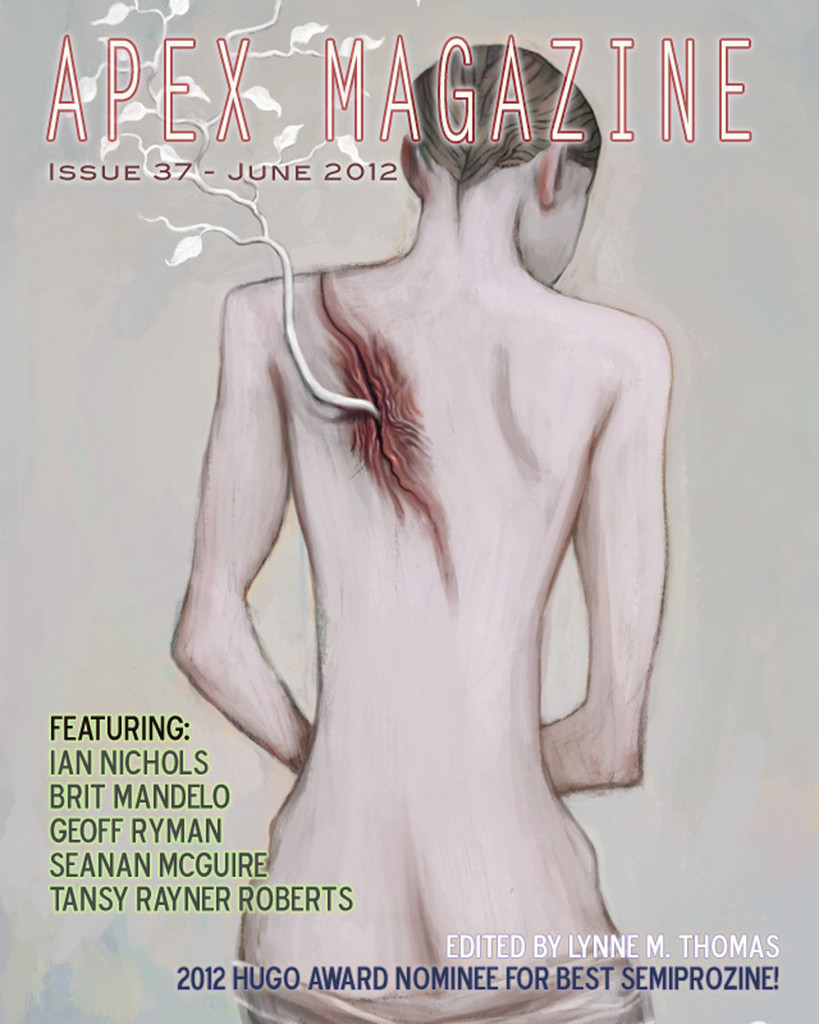 June’s Apex Magazine features ”Winter Scheming” by Brit Mandelo, “In the Dark” by Ian Nichols and “Blocked by Geoff Ryman (who is interviewed by Maggie Slater), as well as Seanan McGuire’s poem, “Wounds.” Ken Wong provides the cover art. Nonfiction by Tansy Rayner Roberts and editor Lynne M. Thomas round out the issue.
June’s Apex Magazine features ”Winter Scheming” by Brit Mandelo, “In the Dark” by Ian Nichols and “Blocked by Geoff Ryman (who is interviewed by Maggie Slater), as well as Seanan McGuire’s poem, “Wounds.” Ken Wong provides the cover art. Nonfiction by Tansy Rayner Roberts and editor Lynne M. Thomas round out the issue.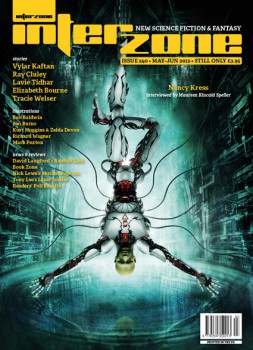 A version for the Nook will also be available in the near future. Twelve issue (one year) subscription can be ordered at Apex and Weightless for $19.95;
A version for the Nook will also be available in the near future. Twelve issue (one year) subscription can be ordered at Apex and Weightless for $19.95; 
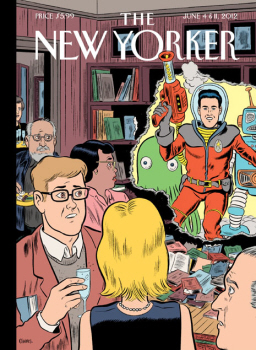
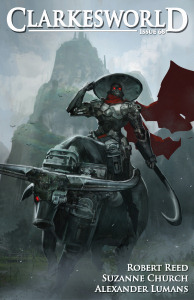 The May issue of Clarkesworld is currently
The May issue of Clarkesworld is currently 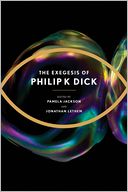 ramblings. While I tend to think all this stuff really is the result of a bad acid trip, Critchley as a professor of philosophy for the most part keeps a straight face. Some of you may laugh out loud not only at the source material, but the attempt at exegesis.
ramblings. While I tend to think all this stuff really is the result of a bad acid trip, Critchley as a professor of philosophy for the most part keeps a straight face. Some of you may laugh out loud not only at the source material, but the attempt at exegesis.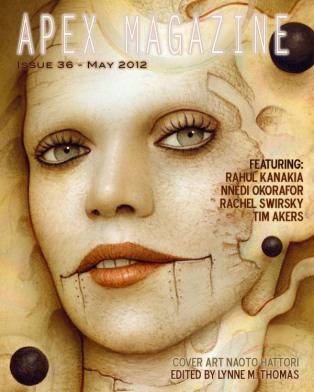 May’s Apex Magazine features ”Decomposition” by Rachel Swirsky (who is interviewed by Maggie Slater), ”Tomorrow’s Dictator” by Rahul Kanakia and “The Chaos Magician’s Mega Chemistry Set” by Nnedi Okorafor.
May’s Apex Magazine features ”Decomposition” by Rachel Swirsky (who is interviewed by Maggie Slater), ”Tomorrow’s Dictator” by Rahul Kanakia and “The Chaos Magician’s Mega Chemistry Set” by Nnedi Okorafor.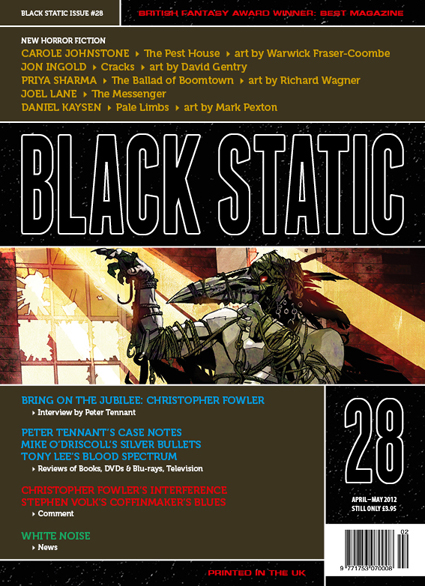 The April-May
The April-May 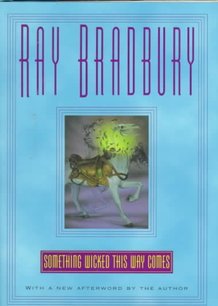 as a young boy.
as a young boy.
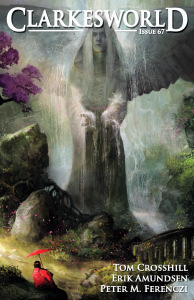 The April issue of Clarkesworld is currently
The April issue of Clarkesworld is currently 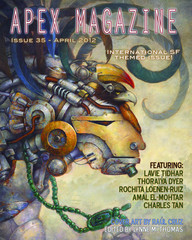 This month’s Apex Magazine is a special international themed issue, featuring ”Love is a Parasite Meme” by Lavie Tidhar (who is interviewed by Stephanie Jacob) and ”The Second Card of the Major Arcana” by Thoraiya Dyer; the classic reprint is “Alternate Girl’s Expatriate Life” by Rochita Loenen-Ruuize.
This month’s Apex Magazine is a special international themed issue, featuring ”Love is a Parasite Meme” by Lavie Tidhar (who is interviewed by Stephanie Jacob) and ”The Second Card of the Major Arcana” by Thoraiya Dyer; the classic reprint is “Alternate Girl’s Expatriate Life” by Rochita Loenen-Ruuize.